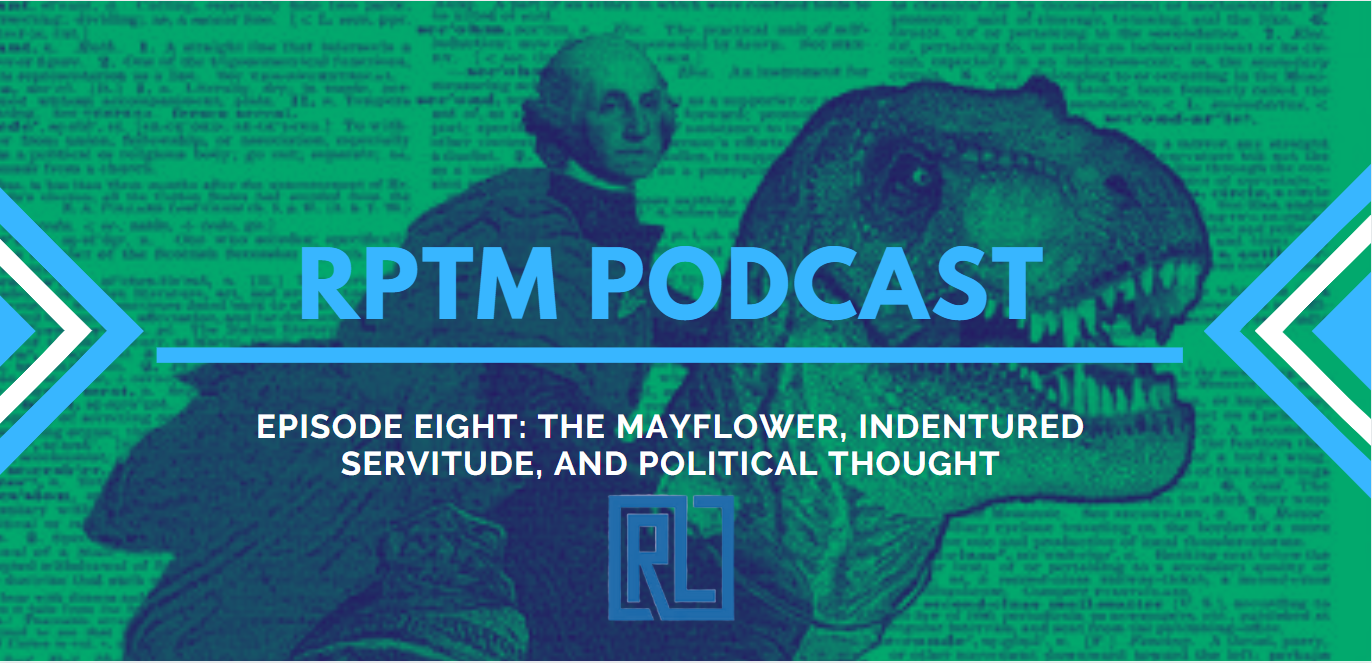|
When you get a chance, look at your old baby pictures. Or your kid’s baby pictures if you are a parent. Notice the faces of the past. They look so foreign sometimes. When looking at photos of my daughter Nora from several years back, I almost must do a double take to make sure I have the right baby. But as I look closer, I see her face in a forgotten face. Her eyes and chubby cheeks are there, just different. I can see where she is today, and what she was in the past, and I piece together all her subtle changes as she sadly matures into what will eventually be a surly teenager.
This is what this episode does for me as a historian. This is some of the first signs I see of America starting to move towards being America. Some good, some bad. We keep this up and our country is going to be shaving soon. HIGHLIGHTS
CHAPTERS 0:00 Start 0:38 Introduction 1:49 The Mayflower 9:04 New Sweden 15:25 Indentured Servitude 22:45 House Wives in the New World 26:56 17th Century Literature 33:00 17th Century Philosophy 46:11 Outro RESOURCES The Mayflower New SwedenIndentured servitude in British America The Origins of Servitude and Slavery in Colonial America History of women in the United States The Role of Women in the Colonies American Literature American literature Fundamental Orders of Connecticut Massachusetts Body of Liberties John Winthrop Roger Williams Reformers – Roger Williams (1603 – 1683)
0 Comments
Leave a Reply. |
AuthorRyan Lancaster wears many hats. Dive into his website to learn about history, sports, and more! Archives
July 2024
Categories |


 RSS Feed
RSS Feed